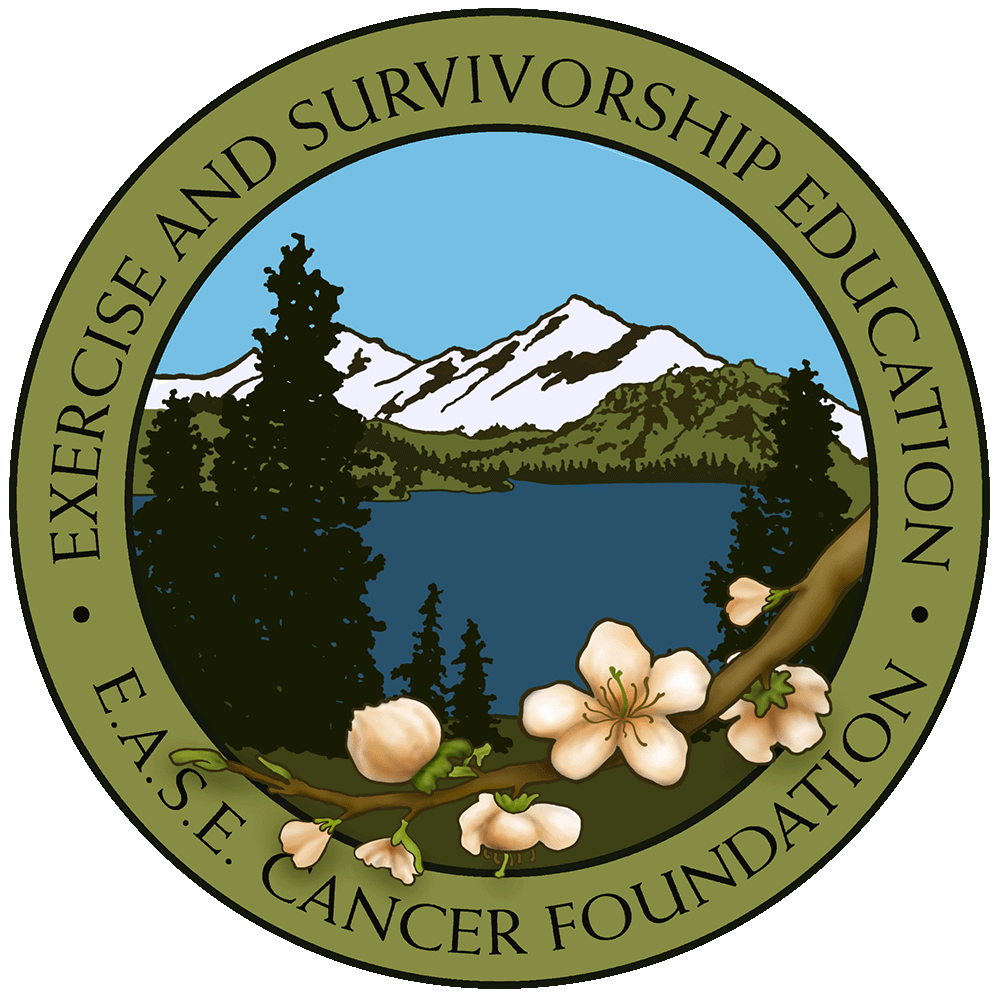What We Offer
Our events and programs are designed to promote optimum physical functioning, empower survivors, and improve quality of life. Here is an overview of the education and experiences we offer:
Survivorship Support • Resilience • Exercise • Creativity & Self-Expression
Survivorship Support
Survivorship encompasses living with, through, and beyond cancer. Support comes in many forms.
Cancer Risk Reduction
Learn evidence-based recommendations by the American Institute for Cancer Research, including cancer prevention and risk reduction through lifestyle modifications.
Nutrition for Life
Empower positive eating decisions based on science, individual preference, and culture.
Environmental Toxicity Awareness
Learn about hormone and immune disruptors, carcinogens, and toxins/chemicals in our environment and lifestyle changes to decrease exposure/risk.
Lymphedema Risk Reduction
Learn signs and symptoms of lymphedema as well as risk reduction practices, which includes massage and exercises to stimulate lymph function and lymphedema management.
Physical Wellbeing & Symptom Management
Explore strategies to manage fatigue, hormonal disturbances, neuropathy, osteoporosis, cognitive dysfunction, body image, and sexual health.
Sleep and Stress
Explore the relationship between sleep, stress, and fatigue and learn strategies for practicing good sleep hygiene and stress management.
Long-Term Survivorship Issues
Recognize possible late effects of chemotherapy, radiation, and surgery, and how to address them. Long-term follow up and surveillance is important.
Chemo Brain and Cognitive Games
Discover ways to improve memory and neuroplasticity, which is our brain’s way of reorganizing itself by forming new neural connections throughout life.
New Frontiers in Cancer Treatment
The era of personalized medicine has come of age. Treatment is individualized and tailored to a patient’s specific cancer, which is changing the landscape of cancer treatment and outcomes.
Plan for the Future, Live Now!
A palliative care approach to focus on the whole person, communicating physical, emotional, spiritual, and advanced planning concerns and preferences, enabling you to live for today.
Resilience
We offer tools to improve resilience, the ability to cope with adversity.
Sleep, Stress, and Fatigue
Understand the relationships between sleep, stress, and fatigue on the stress response and their effect on immunity, memory, bone metabolism, weight, and potential adrenal imbalances.
Neuroscience: Resilience & Positivity Pearls
Your mind can be your greatest tool. Harness this power to counter adversity, loss, and negativity; cultivate gratitude, perspective; and adopt the reframing and mindfulness habits of joyful, resilient people.
Relaxation Practices: Reset & Reboot
Experience numerous clinically proven techniques for relaxation, stress reduction, and promoting calm.
Cognitive Behavioral Therapy
Cognitive behavioral therapy (CBT) was developed as a blend of behavioral therapy and cognitive therapy focusing on the “here and now” and reframing negative thought patterns.
Motivational Interviewing
Motivational interviewing promotes health behavior change. Learn to apply basic motivational interviewing techniques through dynamic interactive group activities.
Stressed Out!
Explore the science and practice of stress management for cancer survivors.
Exercise
Exercising 15-20 minutes a day, as few as three days a week, can improve many of the side effects of cancer and cancer treatment.
Yoga Practices
Yoga can be done at any stage of life, at any level of physical fitness, wherever you are in your cancer survivorship journey. Even individuals who have no prior experience with yoga are able to enjoy the experience and its many benefits: relaxation, stress and pain relief, better breathing and circulation, improved flexibility and mobility, increased strength, a sense of inner calm and well-being, and more. Restorative Yoga and Therapeutic Yoga target joints to relieve stiffness, enhance mobility, reduce the physical effects of stress on the body and mind, and improve sense of wellbeing. Yoga Nidra, also known as yogic sleep, is a form of guided relaxation which offers the benefits of deep sleep without the dullness of being unconscious.
Implementing an Exercise Prescription
Learn how to develop and implement an individualized exercise program.
Movement for Lymphatic Support
Intentional stretching exercises can reduce the risk for developing lymphedema.
Pilates
Pilates is a body conditioning exercise that helps to build flexibility, strength, endurance, and coordination in the legs, abdominals, arms, and back.
Creativity & Self-Expression
A large National Cancer Institute survey reported that participation in creative arts therapies significantly reduced cancer-related depression, helped people adjust to changes in body image, and cope with stress, grief, and fear. Other research has found that creative arts therapies can improve anxiety, depression, pain, and quality of life.
Humor, Coping, and the Creative Experience
Enjoy a creative writing lesson in a fun, inspirational, and healing environment.
Music Therapy
Explore an evidence-based approach to the application of music to address physical, emotional, cognitive, and social needs in many aspects of our lives.
Artistic Expression
Access and facilitate psychospiritual development by experimenting with color, texture, symmetry, and lines, and then use these elements with your own personal imagery to create images of strength, inner peace, and stability.
